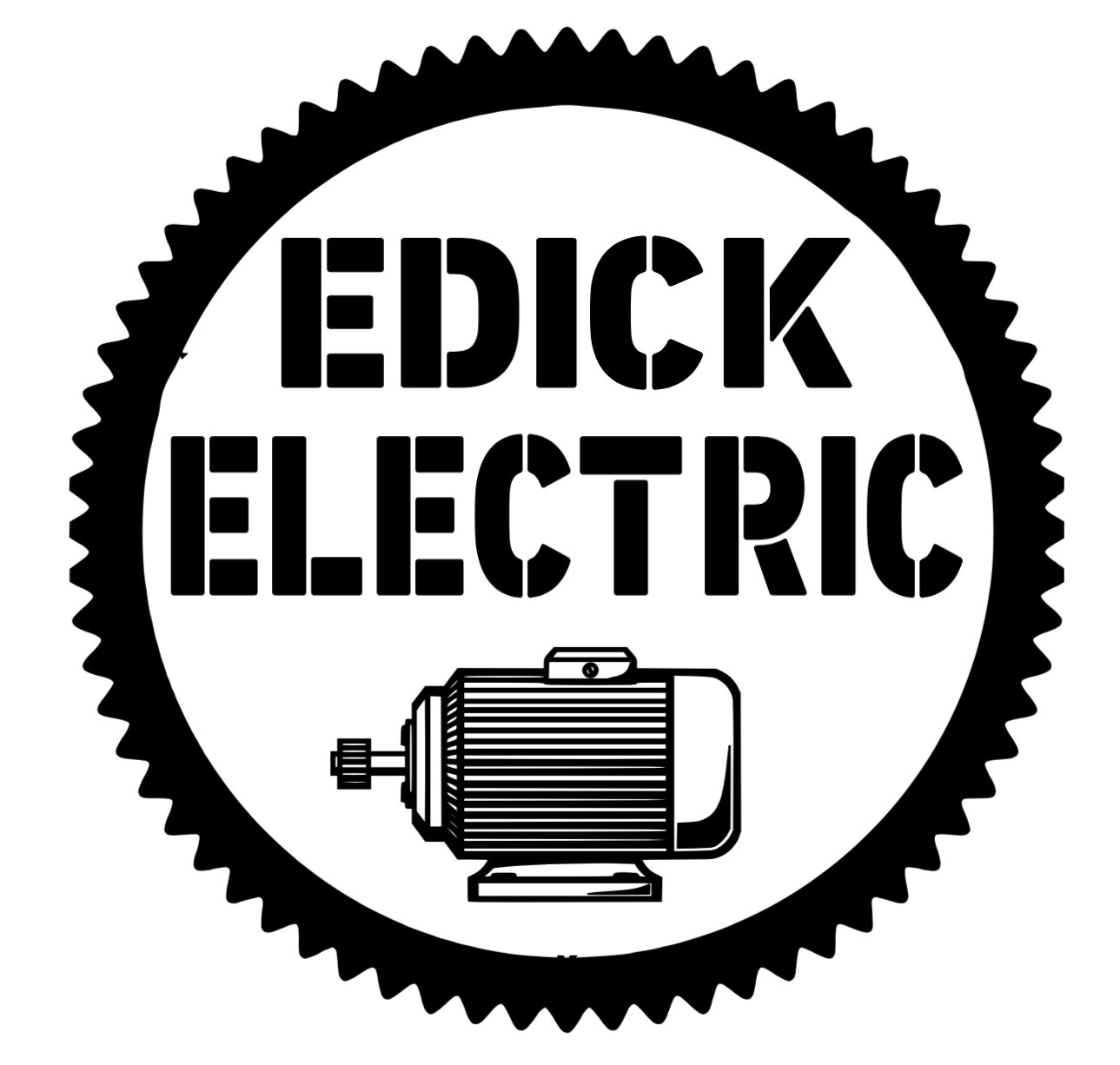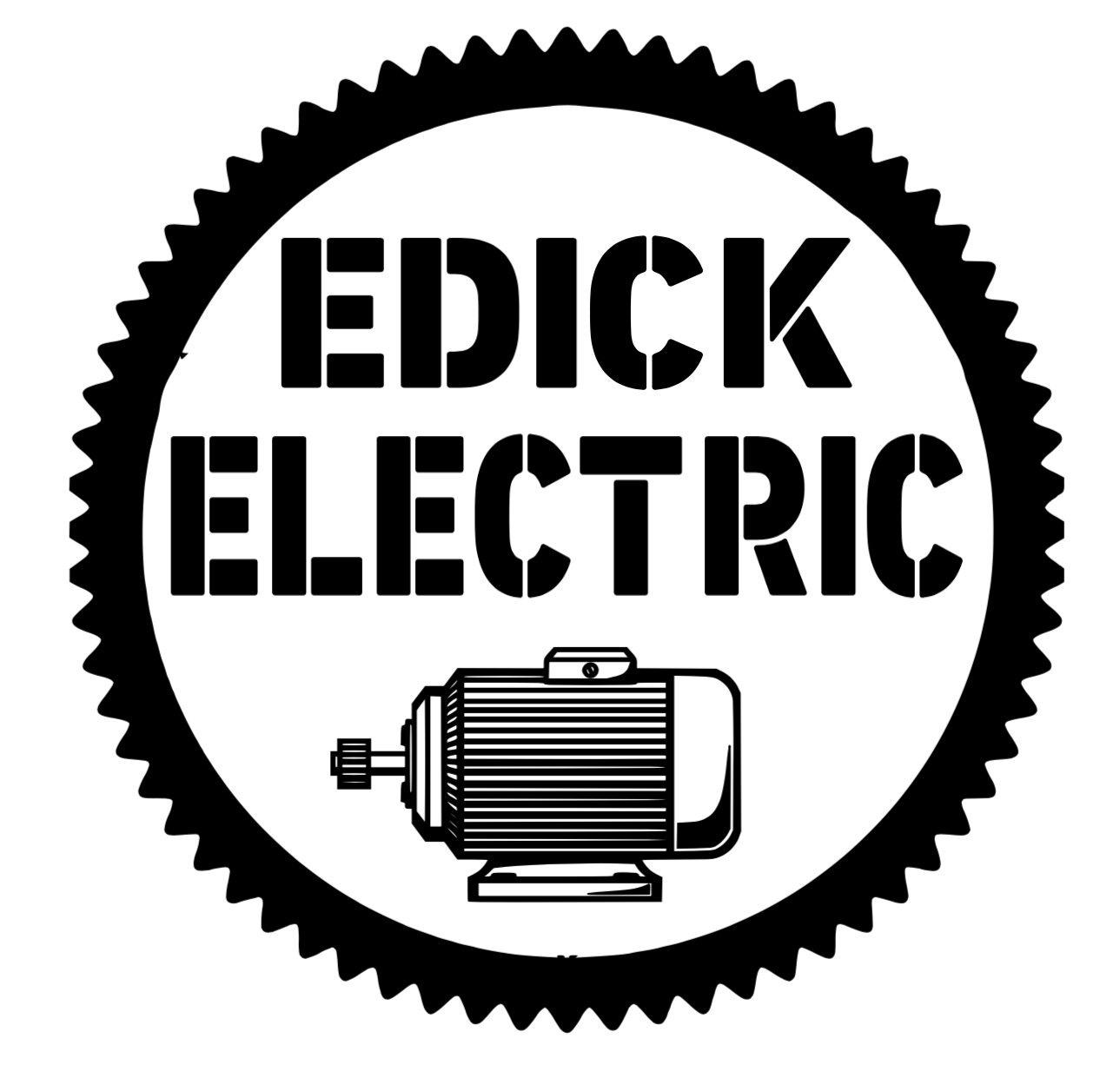Standby or Portable Generator?
(just FYI this can get pretty detailed, skip to the end if you are looking for a summary)
At Edick Electric, we often talk with customers about the advantages/disadvantages of using a portable generator to power a home during a storm in contrast to having a complete standby system installed. Lets talk about it…..
Portable inverter generators are fantastic solutions and have come a long way in the past 10 years. They are quite, fuel-efficient and can be taken anywhere when needed. Smaller units even have paralleling cords that allow you to combine two generators to power a single load. New portable units hitting the market today are even tri-fueled. They are fantastic for camping, hunting, barbeques & construction sites. But are they best to power an entire home? Without a doubt, a portable generator in your garage is better than no generator at all however they do have some downsides that few talk about.
Most mechanics, including myself, started in small engine shops, working on tools like weed whackers, lawnmowers, and chainsaws. Anyone who has worked in such a shop knows the first thing to check when a portable generator won't start is...BAD GAS! It's not the owner’s fault; they bought a new generator and filled it with gas, expecting to use it during the next power outage. Unfortunately, that outage might not happen for three years, leaving the battery dead, bad gas and the owner struggling to start it. This is just like a snowblower that sits unused all summer or a lawnmower left idle in winter. Generators, unlike other equipment, have no set season and may need to work at any time. Generators that remain unused for a long time may need to be “flashed.” A generator can lose its residual magnetism when it sits idle for too long. This means that even if it starts, it might not generate power.
We appreciate portable units and sell a variety of portable generators for their specific uses. However, let's focus on standby units for now. We believe that regular testing is important, something many consumers overlook. Every standby generator we sell starts and tests itself weekly. Additionally, they come with a built-in battery charger, which is more than just a basic battery tender. They also offer a cold weather package that includes heaters for the oil, coolant, and battery to ensure you aren’t trying to start a cold engine. Standby units come with a much heavier price tag than their portable counterparts, however they have several built in steps to do all the thinking for you. This technology allows them to be standing by, ready when you need them most.
We haven’t even talked about safety concerns yet. Portable generators can pose safety hazards when connected to a home, including electrical backfeed, carbon monoxide poisoning, and improper grounding. It's essential to follow manufacturer guidelines and local regulations to mitigate these risks. Proper installation and usage are vital to prevent unintended consequences. Further safety considerations will be discussed in a later article.
Spark notes:
Portable generators are reasonably priced & are great for bbq’s camping & construction sites
A portable generator is better than nothing in an emergency, but have down sides
Portable generators sit for long periods of time which can often lead to them failing when needed the most
Standby generators have several features built into them to prevent the above problems, however that comes with a price tag
Portable generators can pose safety hazards when connected to a home. Proper installation and usage are vital to prevent unintended consequences. Further safety considerations will be discussed in a later article.

